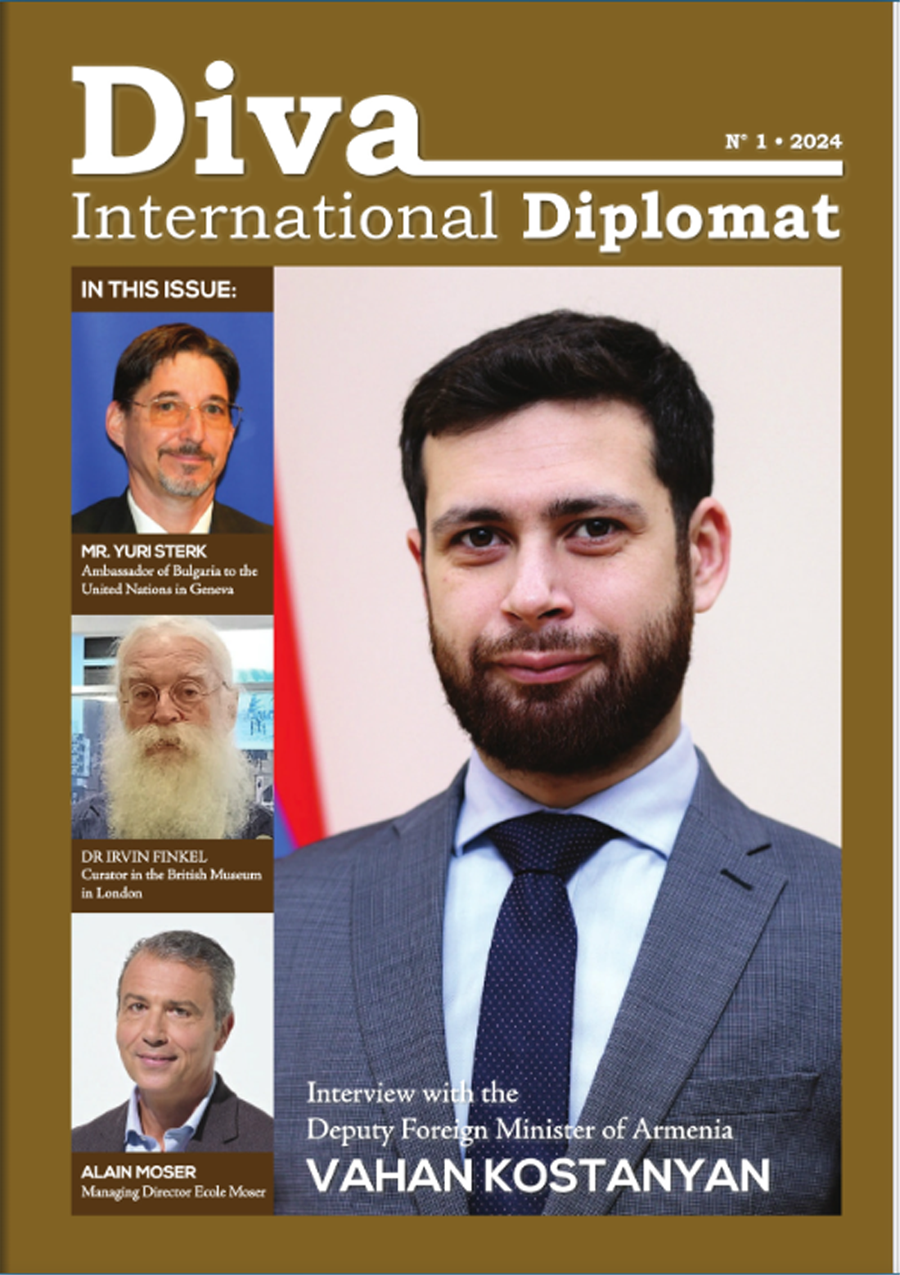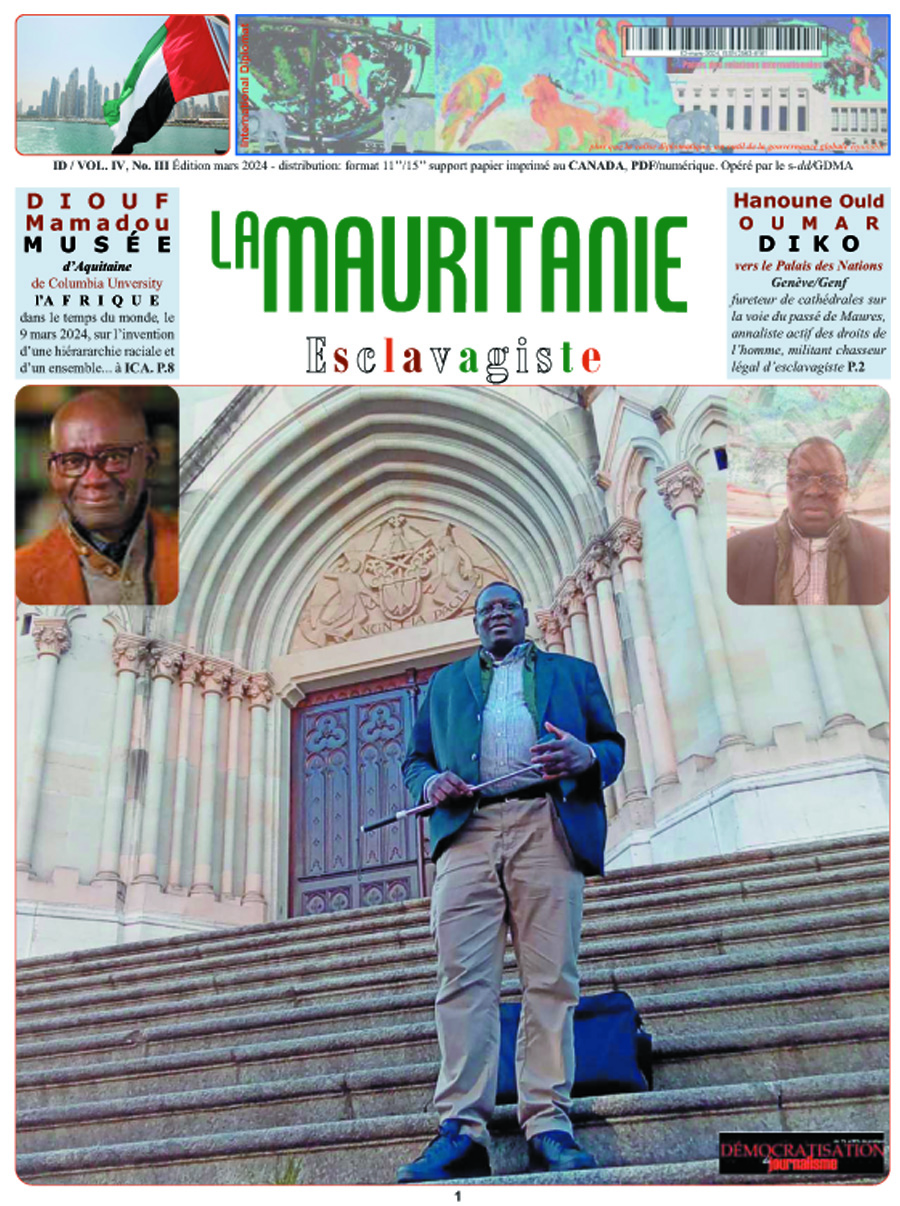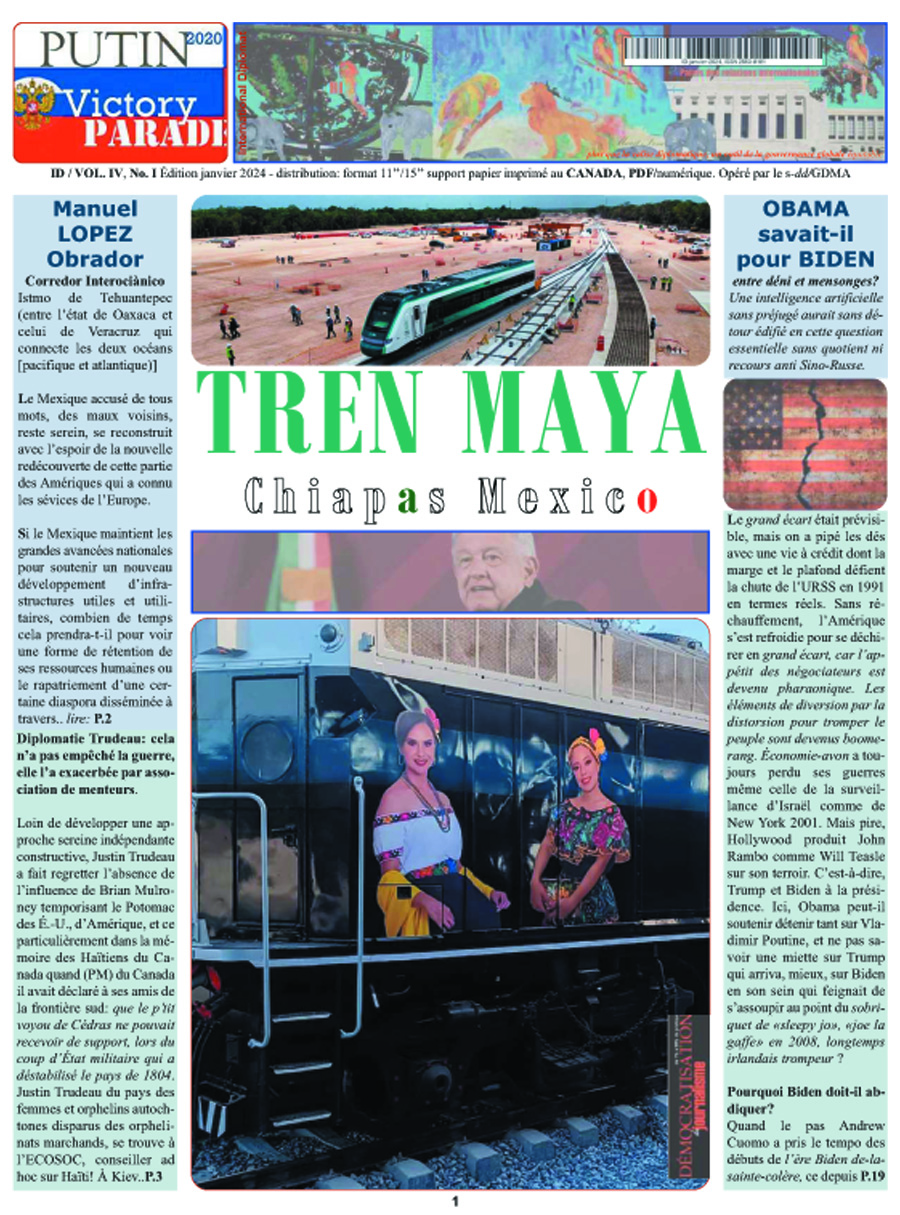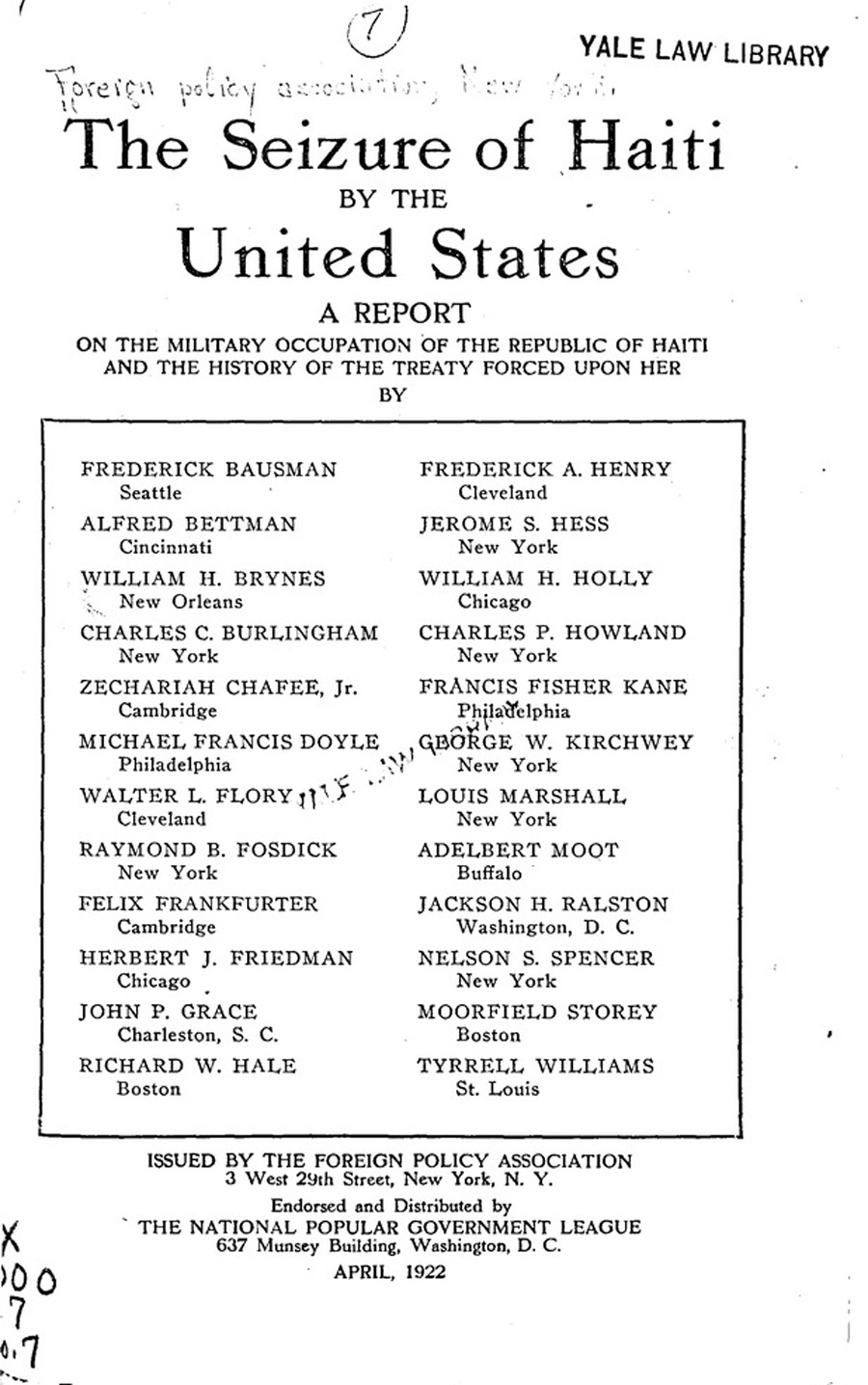‘Songs of Freedom’* celebrates the life and work of James Connolly, Irish socialist theorist and revolutionary martyred by the British government for his role in the Easter Rising, the centenary of which will be commemorated in 2016. A self-declared “agitator” he believed in the necessity for “joyous, defiant and singing of revolutionary songs” without which there could be no revolutionary movement worthy of the name.
Born in Edinburgh of Irish parents, he left school at the age of eleven to work at odd jobs before enlisting in and later deserting from the British army. He joined the Scottish Socialist League in 1889 and in 1896 founded the Irish Socialist Republican Party in Dublin. He began to write articles and pamphlets arguing that the national question was also a social question. He emigrated to the United States in 1903, returning to Ireland in 1910, becoming acting general secretary of the Irish Transport and General Workers’ Union (ITGWU) and Commandant of the Irish Citizen Army from 1914.
Denouncing partition and participation in the First World War, he joined the Irish Republican Brotherhood (IRB) in planning the Easter Rising in which he led the Citizen Army. Following the Rising he was executed by a firing squad on 12 May. He is remembered chiefly as a 1916 martyr and for his writing on socialist republicanism and on syndicalism. His social theories maintained that any approach to liberation needed to look beyond the confines of economic forces and relations. For Connolly, the struggles for socialism and for national freedom were in no sense mutually exclusive, instead, the one could, and should, inform the other. The main intellectual outcome of this fusion was Labour in Irish History (1910). His rousing texts, lyrics and songs are part of his legacy.
Evaluations of the success or otherwise of his thinking have been mixed. His many writings are readily available through a growing and varied bibliography of books, pamphlets, biographical and other studies, in English and French. He firmly believed that nothing can replace the power of music to raise the fighting spirit of the oppressed.
‘Songs of Freedom’
To mark the centenary of the Dublin labour ‘Lock out’ (26 August 1913 to February 1914), a new book and CD have involved many people from several countries and extensive research in Ireland and abroad. Initial financial support came from a group of friends in Berne, Switzerland. The Cantons of Berne and Schaffhausen provided arts funding. Subsequently appeals in San Francisco and Northern California gathered support from diverse sources that included labour unions, political activists, artists and educators.
The new version of ‘Songs of Freedom’ combines three books that should prove invaluable to all those interested in Irish labour and revolutionary history. Its texts, lyrics and music are a strong testament to the power of Connolly’s vision that has inspired so many people from different backgrounds to carry it forward into the twenty-first century.
Note: This text is written to mark Labour Day 2014. Acknowledgement is given to sources used in its preparation. *’Songs of Freedom The James Connolly Songbook’ (pp.80) is edited by Mat Callahan, Preface by Theo Dorgan, Foreword by James Connolly Heron, great-grandson of James Connelly. ‘The James Connolly Songs of Freedom Band’ records thirteen songs. Instrumentation is acoustic featuring guitars, uilleann pipes, whistles, fiddle, accordion, Irish harp, drums, a





